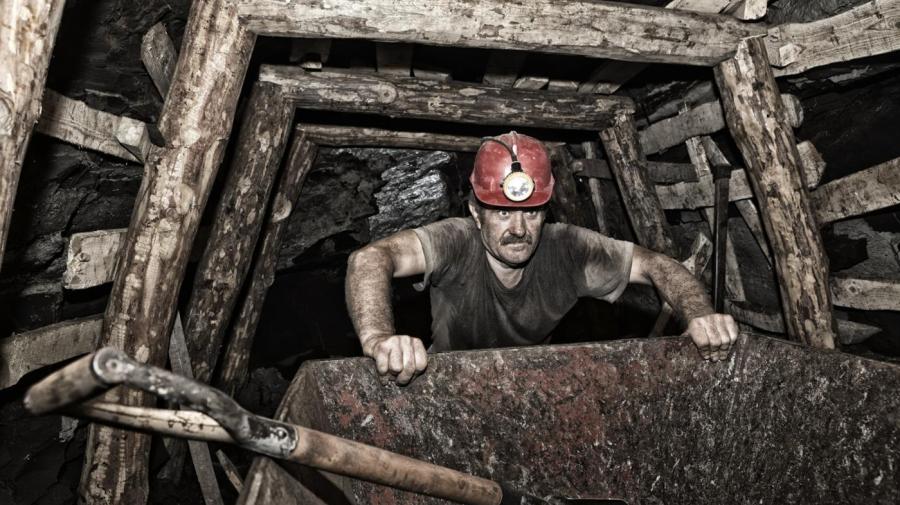Why Was Coal Important to the Industrial Revolution?

Coal was important to the Industrial Revolution because it burned hotter than wood charcoal. The additional heat was needed in the boilers that ran the steam engines developed during the Industrial Revolution, according to the United States Department of Energy. The same source notes that coal became the dominant global supplier of energy during this time.
The primary use of coal during the Industrial Revolution was to power steam ships and steam engine trains, which were the primary means of transportation for people and goods, according to the U.S. Department of Energy. Coal was also used to power engines in factories, which helped to increase productivity among American workers, Teaching History notes. According to the same source, coal mines became prevalent in Virginia, Pennsylvania and other locations in the northern United States in the 1830s. Coal mining became big business during the Industrial Revolution because of the large amounts of coal needed to power the steam engines. Prior to the introduction of coal-run steam engines, many engines were run by water and burning wood. Teaching History explains that in addition to being used in industrial pursuits, coal and other fossil fuels derived from coal began to be used in American homes for cooking, heating and electricity.





